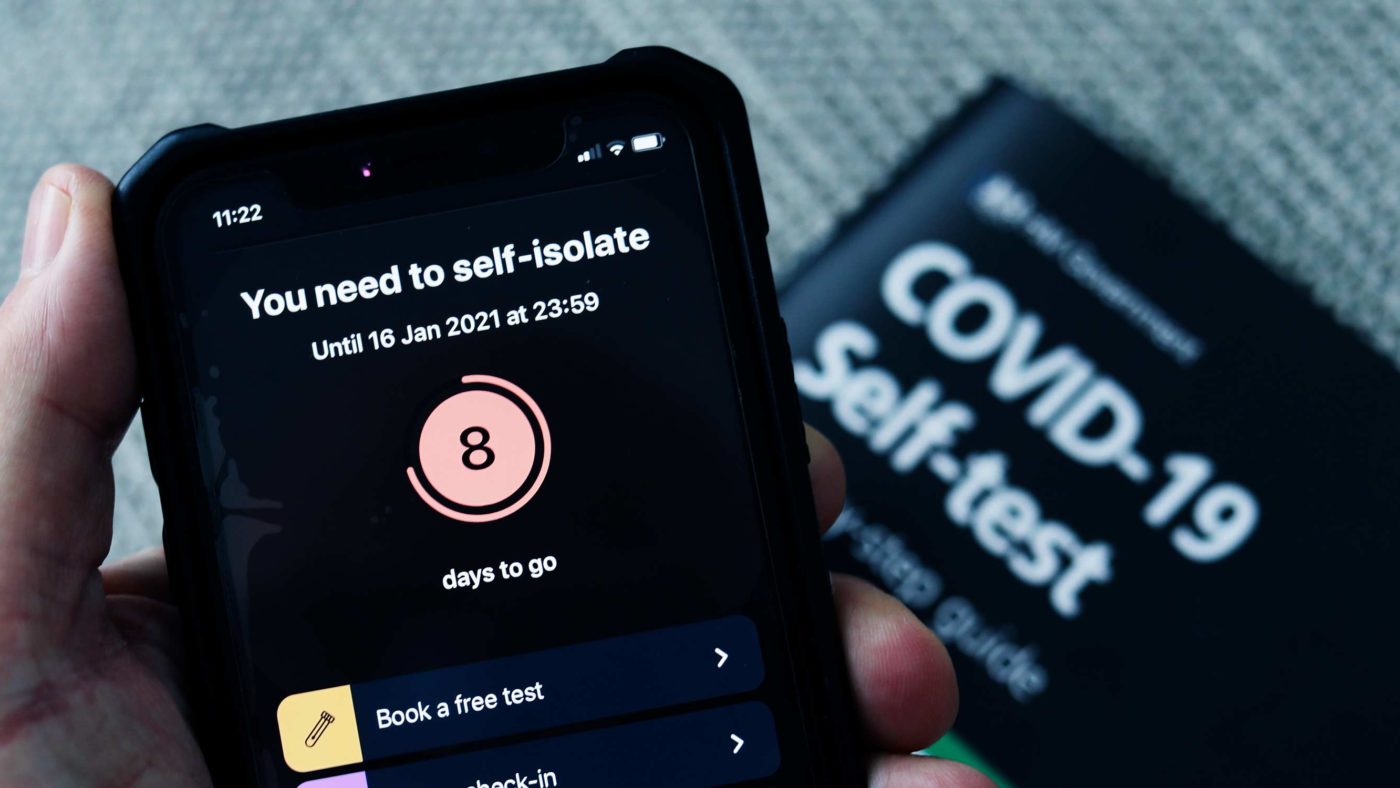These are supposed to be the best years of my life. Your late teens to early twenties are meant to be few hangovers, going on spontaneous getaways and frenzied group holidays, making out with strangers, meeting up with friends and just generally enjoying all the freedom of being a young adult. After all, you’re only young once.
Instead, we’ve had a year and a half of lockdowns and Zoom calls, of seemingly endless masks and continually changing rules. It is no surprise that many young people feel robbed of some of their halcyon years. Since ‘Freedom Day’ the most terrifying sound is no longer a 7am alarm call after a night out, but a ping from the NHS app signalling more lost education or employment, and a return to self-isolation.
Since the start of May, 6.2 million people have isolated after being pinged by the app or contacted by NHS Test and Trace, according to calculations by the Adam Smith Institute. The ASI estimates that this number could rise by another 5.2 million per week by mid-August if nothing is done. With the threat of quarantine looming over young people’s heads, it is no wonder that a recent Savanta ComRes poll showed a third of 18-34 year olds deleted the app before ‘Freedom Day’ , with another third planning to follow suit. And why wouldn’t they?
For the vast majority of young people, Covid-19 is not likely to be a significant threat to their health. Nevertheless, we have sacrificed a lot over the last year to help save the lives of older people – something most of us accepted in order to protect those around us.
But we have reached a turning point in this pandemic. Over 90% of the population have antibodies against Covid-19, according to the latest ONS statistics. Vulnerable and older people have had many months to get two doses of the vaccine. Cases may be spreading thanks to the highly infectious Delta variant, but vaccines have rendered it far less dangerous in terms of hospitalisations and deaths.
That means the purpose of the ‘pingdemic’ is no longer at all clear, and for many people there is very little incentive to keep the app installed. An instruction to self-isolate represents a big cost with virtually no benefit to the wider community. Nor is trust in the app helped by stories of people who have never come into contact with a positive Covid case being pinged due to the app’s over-sensitive use of bluetooth technology.
Adding insult to injury, the Government has also announced vaccine passports from the end of September for the mysterious catch-all of “venues where large crowds gather” such as clubs and sports events. Proof of a negative test will no longer be sufficient in what has become a crushingly paternalistic approach to managing the pandemic.
Even if you favour vaccine passports, as polls suggest many Brits do, waiting two months before implementing this rule is nonsensical. In the coming weeks thousands of people will mix together in nightclubs and other venues. Why should the Government run the risk of allowing so many super-spreader events to run only to clamp down later? You’d struggle to think of a clearer example of shutting the stable door once the horse has bolted.
Vaccine passports make more sense, however, if we see them as a way of compelling young people to get the jab, rather than a public health measure per se. Perhaps ministers noticed the surge in vaccine appointments in France when the Macron government announced it would be demanding proof of vaccination and wanted to repeat the trick here. But while it’s clearly vital for young people to get jabbed, this feels like an attempt to manipulate, rather than “nudge” or persuade.
At some point, enough is enough for young people. Asking to make sacrifices to protect others is one thing, being endlessly patronised and controlled by our own government is quite another.
Click here to subscribe to our daily briefing – the best pieces from CapX and across the web.
CapX depends on the generosity of its readers. If you value what we do, please consider making a donation.


